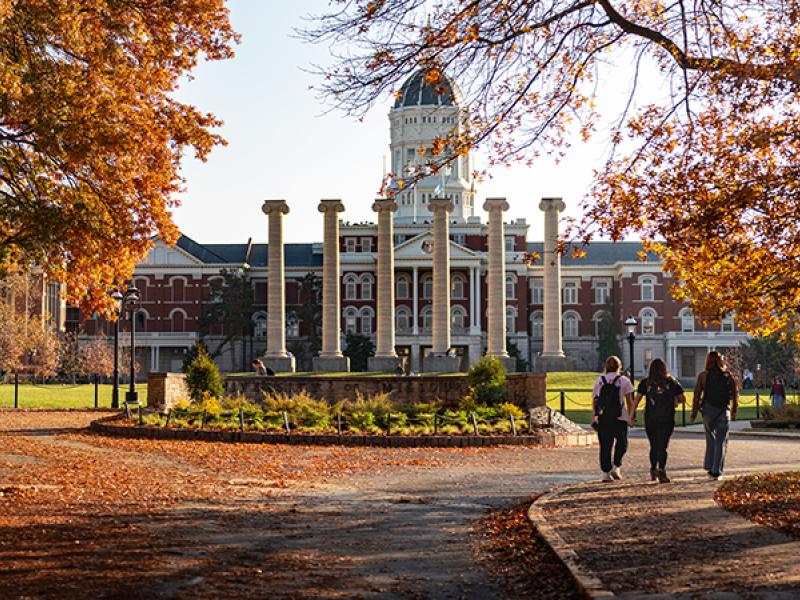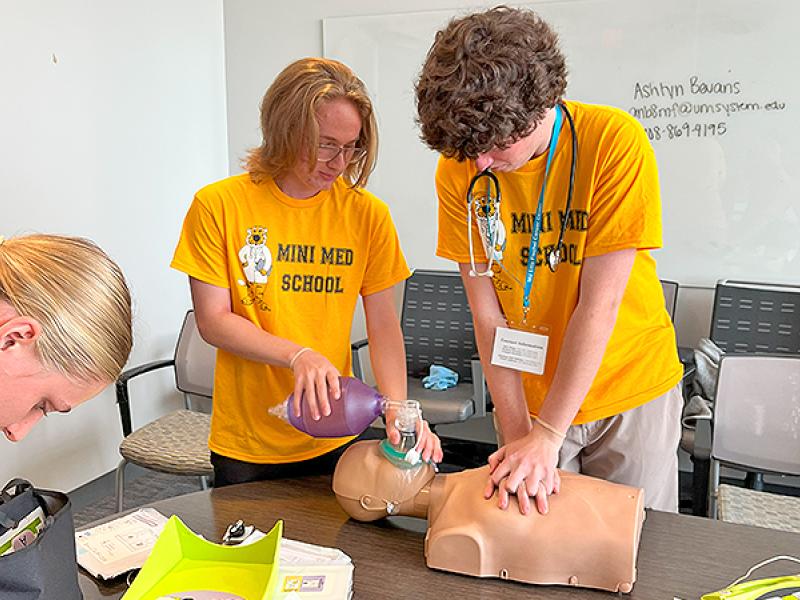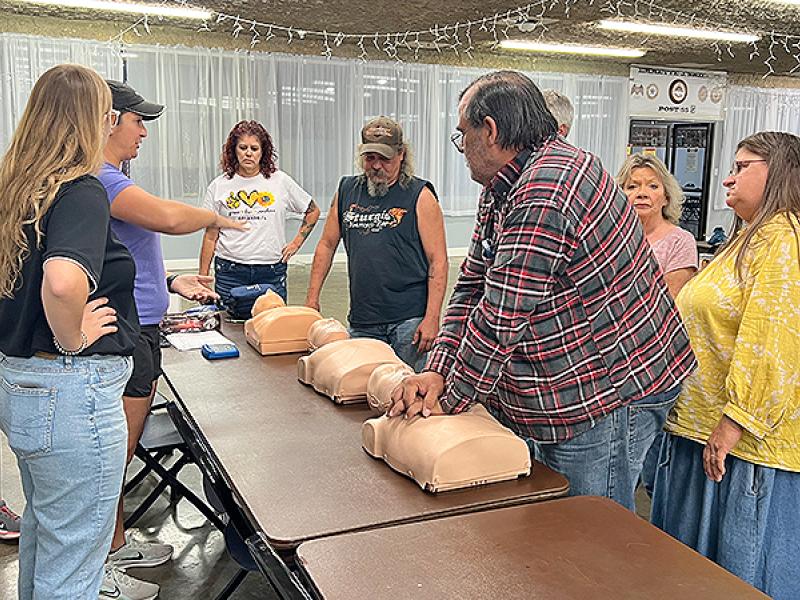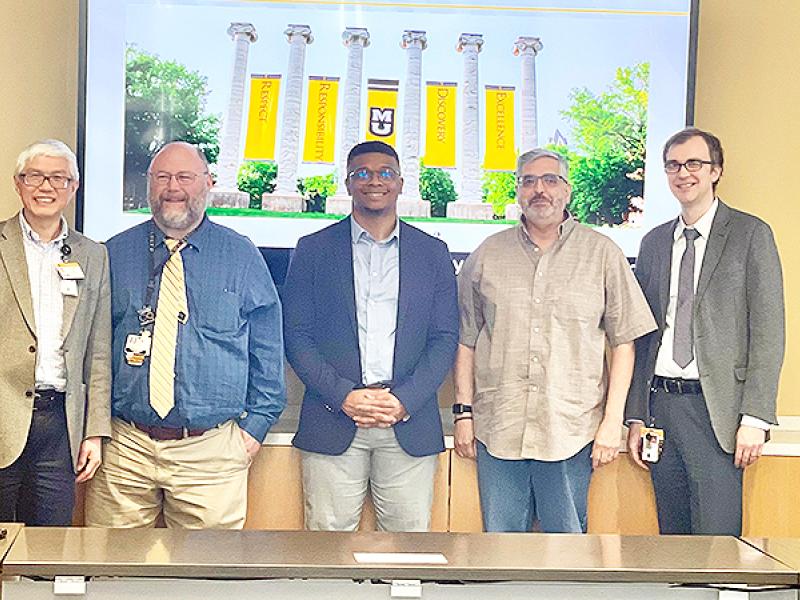As a part of the School of Medicine’s commitment to addressing physician maldistribution in rural Missouri counties, faculty created the Rural Scholars Program to solidify student interest in rural practice. Within the Rural Scholars Program is the Summer Community Program, an exciting opportunity for the MU School of Medicine’s rising second-year medical students to participate in a clinical program in a community setting.
Rural Scholars must participate in the Summer Community Program for four weeks. During this four week program, students directly experience the benefits and rewards of rural practice. Students work with one or more community-based physicians in a primary care setting in their continuity region and experience the benefits and rewards of rural practice. Students perform appropriately focused medical histories, physical exams, and other clinical tasks under the supervision of the physician.
Local hospitals provide room and board if possible, unless the student chooses to stay with a family member living in the community. Students completing the four-week experience receive a $2,100 stipend.
Program Goals
- Improve clinical skills in history taking, physical examination, assessment, and medical management
- Increase knowledge of rural practice by working with an experienced preceptor
- Learn about the different specialties commonly available in rural communities
- Explore common acute and chronic clinical problems
- Compare medical practice in a community setting to practice in an academic health center
Student Preferences, Application, and Selection Process
Rural Scholars will complete a summer preference survey in December of their first year of medical school.
Student Responsibilities
Active participation is required for student success while in the community setting. Students are expected to identify learning issues based on their clinical encounters and to address these learning issues during the experience. At all times, MU medical students are expected to conduct themselves in a manner consistent with professional standards and norms.
Evaluation and Grading
During the experience, physician preceptors will provide students with frequent informal feedback, incorporating personal observations and comments from patients, office staff, and hospital/clinic personnel. A final evaluation is completed by the preceptor when the student finishes the experience.
Students who complete the program receive formal written comments from the preceptors, as well as a letter of recognition. Letters of recognition are kept in the student’s permanent file in Medical Education.





